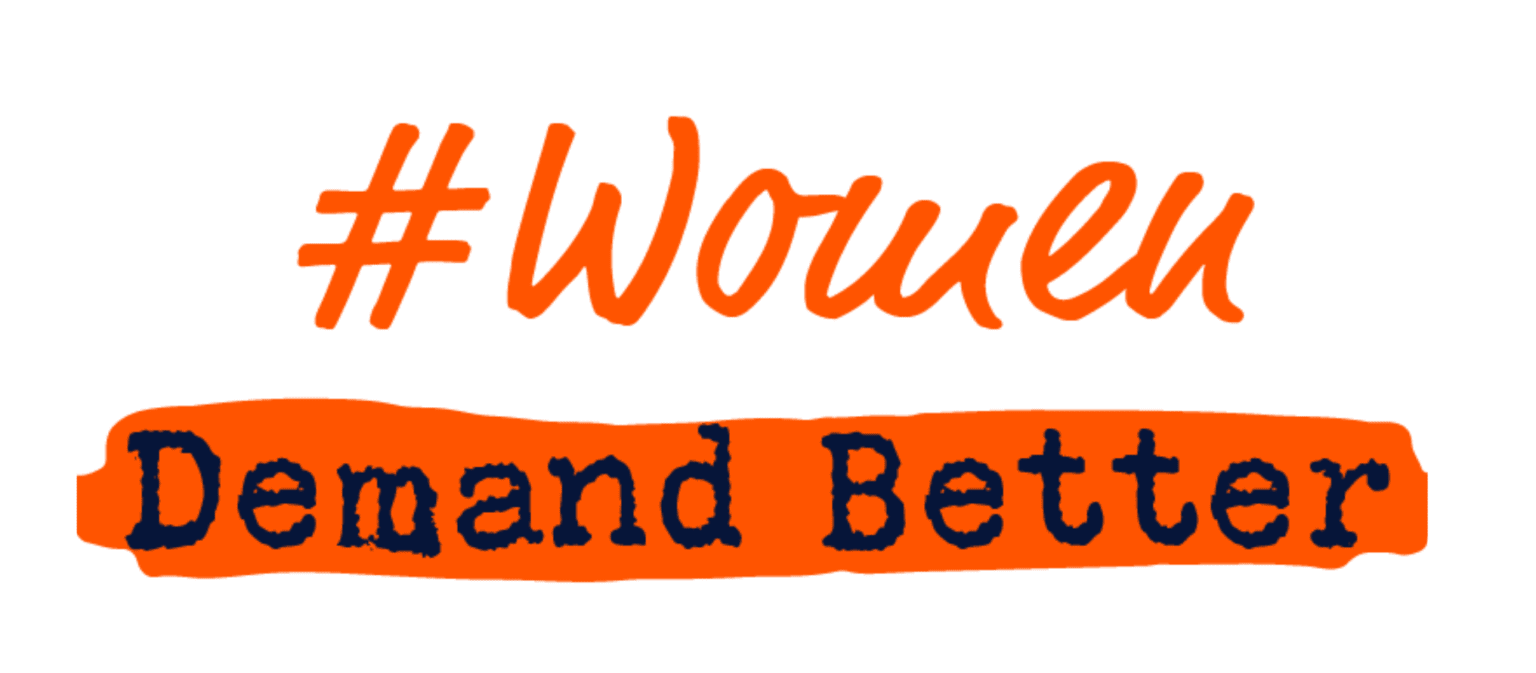We believe that ‘better’ must mean better for those whose voices – marginalised for far too long – may have been silenced further by lockdown. Those voices have, disproportionately, belonged to women, who have borne the brunt of the past twelve months.
Women affected by abuse and trauma are the silent victims of the COVID-19 pandemic and they are being ignored.
With social distancing and three national lockdowns in the UK since March 2020, women and children have been more isolated than ever, finding it difficult to access support. Women and children being abused were locked down at home, often with their abusers, becoming increasingly unsafe and unable to leave or to get help. Many women were in custody with short-term sentences away from their children and worried about their families. Those released from prison often had nowhere to go, with no health or financial support, and unable to reunite with their children.
Poverty and digital inequality made difficult and unsafe situations even more so. Women and their families lacked essentials such as food, clothing, hygiene items and medication, and had no phones or access to wi-fi to contact Advance and other services for help throughout the crisis.
A year on since the start of the COVID-19 pandemic, the lives of women have been disproportionately affected. Women have taken on increased family and home-schooling responsibilities, many doing so while working. For many, what started as a health crisis has turned into an economic crisis, with more women than men suffering the loss of their employment, income and housing.
It is not surprising that the mental health of the women we support, who often experience multiple disadvantages and high levels of need, has been acutely impacted. Women have reported to Advance significant increases in anxiety and depression, suicidal thoughts and self-harm.
Our evidence shows:
- Up to 62% of women experiencing domestic abuse were self-isolating with the perpetrator and 50% have had increased contact with their abuser during the first lockdown, increasing anxiety about their and their children’s safety;
- 37% of women survivors of domestic abuse and 79% of women in contact with the criminal justice system reported mental health needs in the year to March 2021;
- 52% of women in contact with the justice system reported increased support needs for mental health and 28% reported increased risk of self-harm during the first lockdown;
- Women reported facing higher criteria for accessing mental health and safeguarding support, with 42% of women reporting difficulty accessing mental health services, leaving them feeling unsupported and even forgotten;
- On average, women required three to four times the amount of support from Advance’s advocates compared to pre-pandemic levels, often due to increasing mental health needs;
- Women reported difficulty and additional barriers to contacting statutory services for support, as well as delays in accessing housing and the legal system;
- Women have also reported difficulties in accessing essentials such as food and clothing, and worsening financial issues, increasing their levels of anxiety and ill mental health.
Sadly, Advance has also identified an increase in women’s deaths by suicide and overdose, with eight deaths in London in the year to March 2021, compared to one death each year in the previous years.
Due to the restrictions and social distancing rules, statutory and voluntary services had to reduce face-to-face support and access to community centres. Advance also adapted its services, supporting women remotely with limited access to face-to-face support and its women’s centres. Our frontline staff supporting women in community settings – such as hospitals, housing offices, police stations and probation offices – could no longer do so, as access was restricted.
Advance, like all women’s services across the country, were over-subscribed and under-funded prior to the pandemic. The unprecedented increase in demand during the pandemic has meant our staff have needed to provide significantly more support, both emotional and practical, to women facing multiple disadvantages. Advance’s frontline workers have worked tirelessly alongside our partners to adapt our services and minimise disruption. Every day, we are inspired by those we support, their strength and resilience against often impossible odds.
The pandemic lifted the lid on these issues. It showed us a world in which access to community-based services for women facing abuse and trauma was severely limited. And the impact has been dire. These services are not ‘nice to have’ – without them, women are suffering in silence and many feel they have no choice but to end their lives. Women’s deaths are being missed; they are the silent deaths of women suffering because of COVID-19 and the parallel epidemic of ill mental health.
As we rebuild our community, post-pandemic, it would be a false economy to go back to basics and a tragic injustice to set women back even further, following decades of progress.
Women demand better.
We call for better mental health support for women experiencing abuse and trauma:
- Trauma-informed, longer-term specialist services funded for women and children experiencing abuse and trauma, who are domestic abuse survivors and/or in contact with the justice system;
- Mental health support funded for all women and children experiencing abuse and trauma, who are domestic abuse survivors and/or those in contact with the justice system;
- Access to women-only safe spaces and community-based support for all women and children, in addition to accommodation-based support, and instead of investment in more prison spaces, to end the post-code lottery and ensure we are meeting the needs of survivors nationally;
- A Government review of women’s deaths resulting from self-harm, including suicides and overdoses, focused on those in contact with statutory services, those who are survivors of domestic abuse and/or in contact with the criminal justice system;
- Further research into the impact of the pandemic on safeguarding and best-practice for those affected by abuse and trauma, including access to statutory and support services, identifying safeguarding risks and responses within social distancing restrictions.
As the Domestic Abuse Bill is granted Royal Ascent and Probation Services are being reformed in 2021, we call on the Government, policy makers and commissioners for fully-funded provision of vital specialist, community-based services for all women and children.
No-one should be left behind. Women demand better.
Read Full Report hereJoin our campaign – Share our posts, tell your stories
![]()
For fundraising ideas, click here
For all press enquiries, please contact:
E: marketing@advancecharity.org.uk
T: 020 3953 3111



